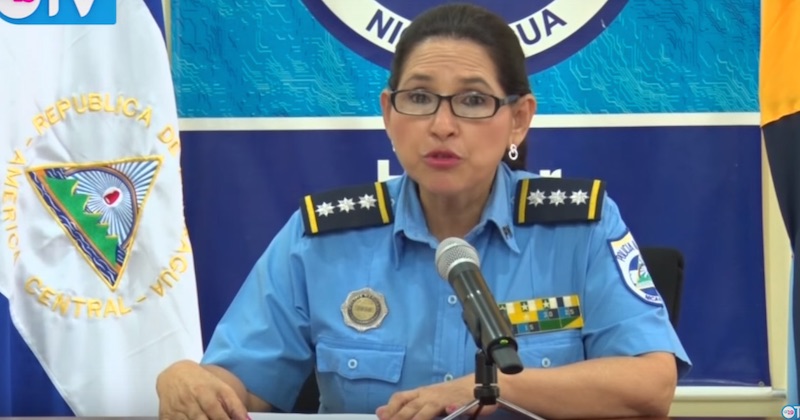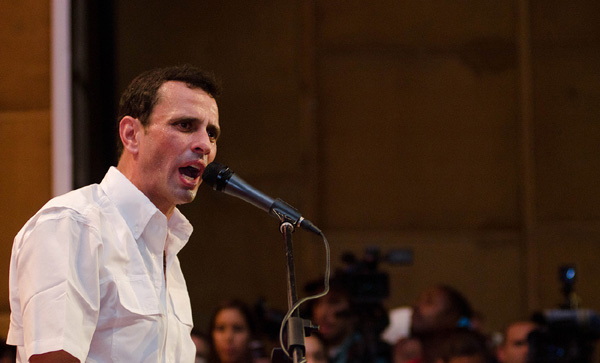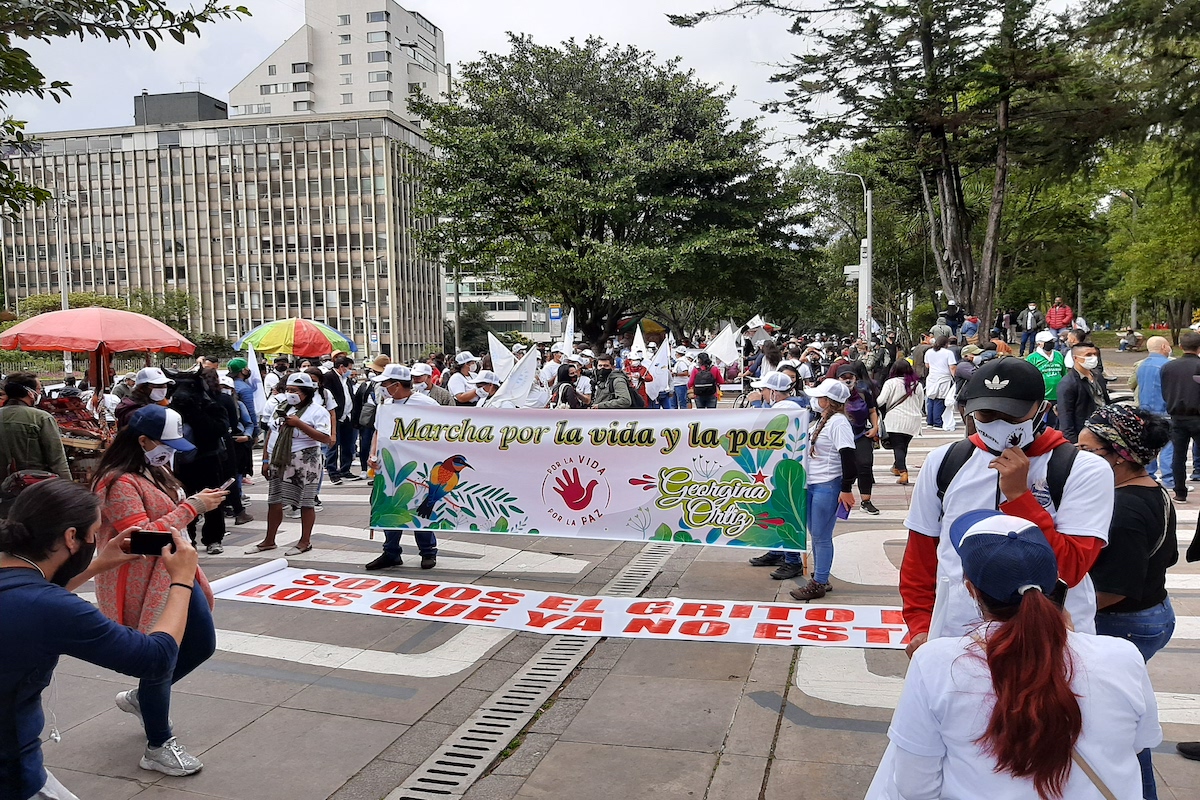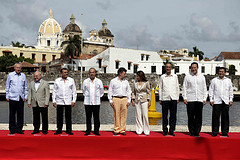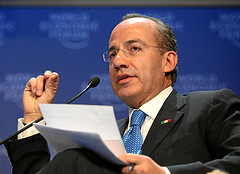
Argentina, Latin America: Week in Review
Former Argentine President Néstor Kirchner Dies Of A Heart Attack
October 28, 2010 By Staff

Former Argentine President Néstor Kirchner.
Today in Latin America
Top Story — Argentina’s former President Néstor Kirchner died Wednesday at the age of 60, after he suffered a heart attack in the town of El Calafate in southern Argentina.
Kirchner, who served as president of Argentina from 2003 to 2007 and was the husband of current President Cristina Fernández de Kirchner, complained of flu symptoms Tuesday night, lost consciousness early Wednesday and was rushed to a hospital in El Calafate where he was pronounced dead at 9:15 a.m. local time.
Kirchner’s death, which comes on a national holiday to conduct the census, throws next year’s presidential elections and the presidency of Fernández de Kirchner into a state of flux. Kirchner’s popularity aided his wife’s election and he held a great deal of influence behind the scenes of her government.
With the upcoming 2011 elections in Argentina, Kirchner was rumored to be the ruling party’s main candidate. Earlier this year the Union of South American Nations (UNASUR) elected Kirchner as the group’s first secretary-general.
The former Argentine president will be remembered for his independent streak and his tough stance in negotiating with the International Monetary Fund (IMF). Kirchner led Argentina’s climb out of the recession following the devastating economic crisis of 2001 that prompted street protests and brought down the administration of Fernando de la Rúa.
World leaders lamented Kirchner’s death Wednesday with U.S. Secretary of State Hillary Clinton saying her country grieved with all Argentines and Venezuelan President Hugo Chávez announcing three days of national mourning.
The Argentine Football Association announced that all soccer matches in Argentina have been suspended this weekend following Kirchner’s death.
Just Published at the Latin America News Dispatch
- Peruvian presidential candidate Ollanta Humala outlined his nationalist program on Thursday in New York, saying it would transform Peru from a mineral exporting country to an industrialized country that privileges the internal market.
- With it the nation’s toughest state immigration law, Arizona has taken center stage in the national debate about immigration as the midterm elections approach. Molly O’Toole reports from Arizona in a three-part series.
- The threat to freedom of the press posed by Mexico’s drug cartels begs a bilateral response, a panel of journalists and press freedom groups said in New York Tuesday. Andrew O’Reilly has more.
Headlines from the Western Hemisphere
North America
- In the final week leading up to the midterm elections, President Barack Obama is encouraging Hispanic voters to turn their frustration over stalled immigration reform against Republicans on Election Day.
- In Mexico’s third mass shooting in less than a week, gunmen opened fire Wednesday at a carwash in the Pacific coast state of Nayarit, killing at least 15 people.
- An undocumented immigrant from Guatemala has pleaded guilty to smuggling people into California and holding them in brutal captivity until their relatives paid thousands of dollars.
Caribbean
- The U.N. General Assembly, for the 19th consecutive year, Wednesday passed a resolution condemning the U.S. economic embargo on Cuba.
- A deadly outbreak of cholera in Haiti is causing complications for the upcoming elections on November 28.
- North Miami, which has raised more than $100,000 to help Haiti in funds purportedly earmarked for the Red Cross, decided to disburse the money to three groups, including an inactive nonprofit.
Central America
- The United States carried out 17 different types of medical experiments on approximately 1,500 Guatemalans by intentionally infecting them with venereal diseases in the 1940s, Guatemalan Vice President Rafael Espada told the press.
- The Education Ministry in El Salvador has developed a full plan to improve public school conditions, the minister of education, Salvador Sánchez Cerén, announced.
- Costa Rica was ranked highest of all countries in Latin America in the 2009 Legatum Prosperity Index, ahead of Panama, Brazil, Argentina and Colombia.
- A $1.447 billion bid from the Línea Uno construction consortium is considered the best value to build Panama City’s first subway system, the government said on Wednesday, making it the likely winner of the contract.
Andes
- Colombia’s government on Wednesday authorized state oil firm Ecopetrol to issue bonds of up to 1 trillion pesos ($543 million) in the local market to fund its 2010 investment plan.
- Venezuela will negotiate a “just compensation” for U.S. glass maker Owens Illinois, which it expropriated earlier this week, Vice President Elias Jaua said Wednesday.
- Bolivian police say they’ve detained a woman who tried to mail a mummy to France.
Southern Cone
- Polls leading up to Brazil’s presidential runoff show Dilma Rousseff leading at 52% of voter intent and economic issues overshadowing social issues among voters.
- Miners at Chile’s Collhuasi copper mine, the fourth largest in the world, will likely strike after they voted to reject a pay agreement proposed by owners Anglo American Plc and Xstrata Plc.
Image: chavezcandanga @ Flickr.
